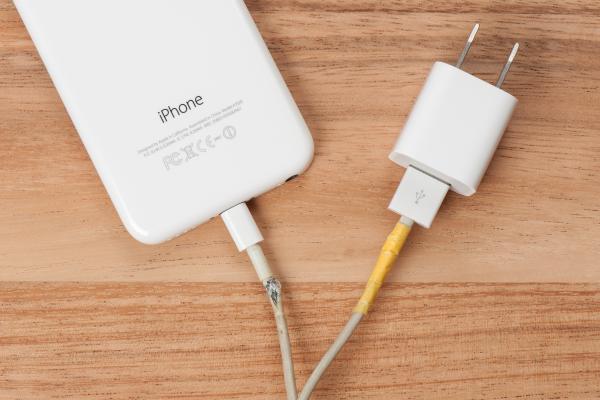At the first leg of this journey, I felt a responsibility to steward the privileges and resources that I was given to serve the poor. But the more I learned about development and the deeper I leaned into the complexities of poverty and other forms of oppression, the more my eyes became opened to how interconnected I was to the suffering of others. Justice for the poor is more than cutting a check; it means reexamining our own complicity in the systems of injustice. It’s about what water we drink, what clothing we buy, what cars we drive, how often we upgrade our devices, and where we source the foods that end up on our dinner table. It feels as though the more causes we are aware of, the more we felt helplessly caught in the web of injustice. The thought of the sweat of child labor woven into the shirts we put on our own children is heartbreaking.
Read the Full Article

